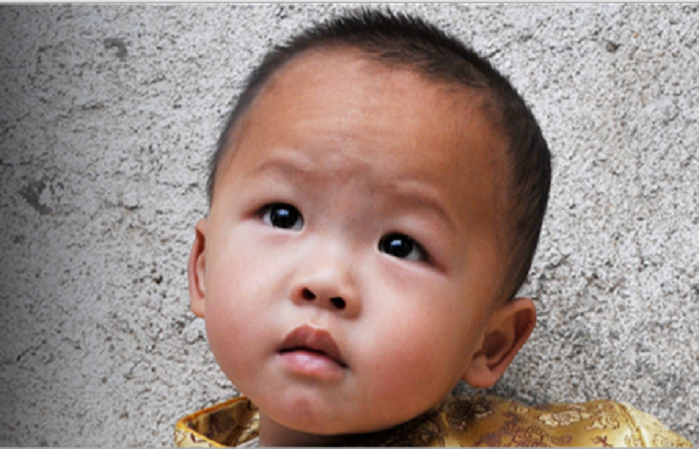When an early prenatal screening test showed that Anna’s unborn baby could have Down syndrome, she was shocked by her doctor’s response.
She recalled: “I asked the doctor what happens if my baby turns out to have Down syndrome. ‘Then you can’t keep it,’ she gives me a piercing look: ‘You do understand this, don’t you?’”
“Anna,” a 31-year-old from Shanghai, shared her disturbing pregnancy experience with the Asian news website What’s on Weibo. Her story put a spotlight on the intense pressure women in China often face to abort unborn babies with disabilities.
A second test determined that Anna’s unborn child did not have the genetic disorder, but many other unborn babies are less fortunate, the report states. Government statistics point to abortion being used to wipe out people with disabilities in China. According to the report:
China’s Ministry of Health has promoted nationwide prenatal screenings for birth defects since 2003 (312). As pointed out in recent Chinese research, there has since been a sharp increase in the percentage of prenatal diagnosis and consequential birth termination (Deng et al 2015, 315).
The detection of Down syndrome through prenatal diagnosis in China went from nearly 13% in 2003 to over 69% in 2011 – with urban women having better access to early screenings and diagnosis than women living in the more rural areas of China. Around 95% of women terminate their pregnancy after learning the baby has DS, which is close to similarly high numbers in countries like Denmark or Hungary.
Follow LifeNews.com on Instagram for pro-life pictures and the latest pro-life news.
What is different in China, is that abortions can take place up to the ninth month of pregnancy.* In nearly 80% of the cases where the DS diagnosis led to abortion, this termination took place before 28 weeks. In the other cases, the pregnancy was terminated later than 28 weeks; meaning that 21% of abortions related to DS take place after the 28th week of pregnancy (ibid. 2015, 315).
That 21 percent represents viable unborn babies who almost certainly would have survived outside of the womb. Unborn babies are considered viable outside the womb at 24 weeks, but new research shows many are surviving even earlier when given the chance. Late-term abortions also are much more dangerous for the mothers.
The number of abortions are so drastically high that the report predicts that people with Down syndrome could “altogether disappear from China” in the next few decades. The stigma associated with disabilities also is strong. Many women have abortions or abandon their newborns, rather than place them for adoption, because they believe they are unwanted. Some adoption agencies are working to change that, however.
The pressure on Chinese women to abort unborn babies with disabilities is clear in advertisements, too. According to the report, one Chinese medical clinic advertisement read, “Reject children with Down syndrome! Give birth to a healthy baby!” Others portray abortion in general as a “painless,” “dreamlike” procedure for women, the report indicates.
Though Weibo does not mention forced abortions, it seems probable that women may be being forced to abort unborn children with disabilities in China. The nation’s brutal One Child Policy alone has led to numerous accounts of forced abortions, including late-term abortions, simply because government officials believe families have too many children. China recently announced that it would ease up on the policy and allow two children per family, but human rights advocates predict that forced abortions will continue.








